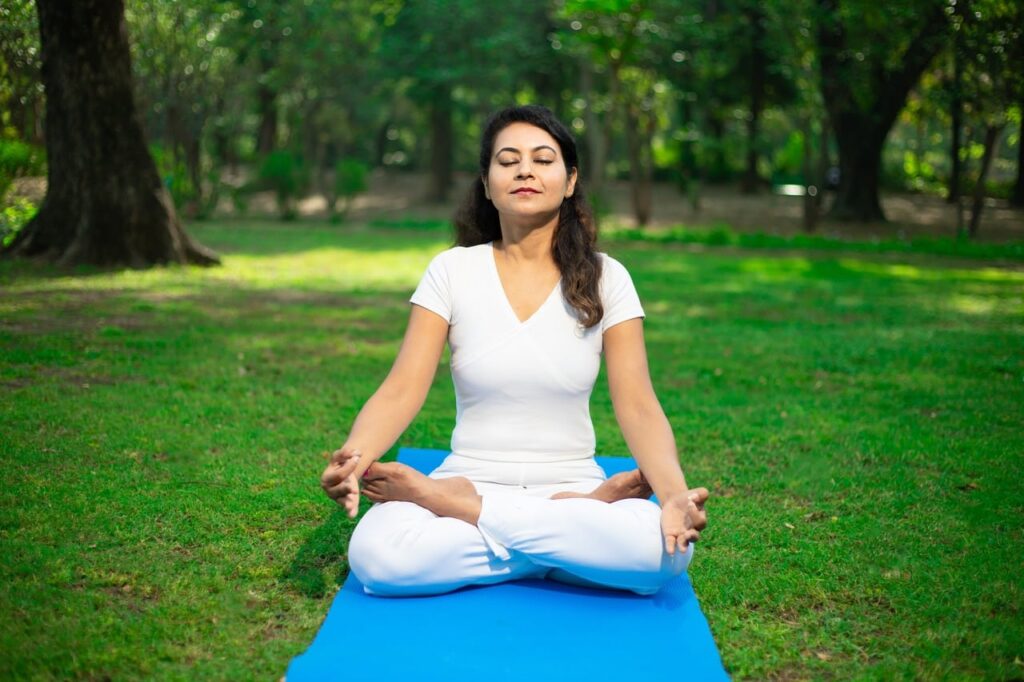Yoga holds various meanings for different individuals, but at its core lies the ancient Sanskrit word “yuj,” signifying “to yoke” or “to join.” Originating in ancient India, yoga is a holistic practice encompassing physical, mental, and spiritual aspects. Its primary aim is to establish a harmonious union between the mind, body, and spirit, as well as between the individual self and universal consciousness, leading to a transcendence of ego-driven thoughts and behaviors towards spiritual enlightenment.
With a history spanning thousands of years, yoga has evolved into numerous interpretations and styles. However, the overarching goal remains the attainment of freedom from suffering and pain. While the physical practice, known as asana, garners much attention in today’s yoga landscape, with styles like Vinyasa Flow, Ashtanga, Iyengar, and Yin focusing on postures to enhance strength, flexibility, and relaxation, it only scratches the surface of yoga’s comprehensive tradition.
The foundation of yoga lies in the “Eight Limbs of Yoga,” delineating a path for individuals committed to integrating the mind, body, and spirit. These limbs encompass ethical and moral observances (Yamas), spiritual disciplines (Niyamas), physical postures (Asana), breath control (Pranayama), withdrawal of senses (Pratyahara), concentration (Dharana), meditation (Dhyana), and liberation (Samadhi). While contemporary yoga schools offer diverse perspectives, they are rooted in the philosophical principles of Patanjali’s Eight Limbs.
Beyond its spiritual essence, yoga serves as a therapeutic tool for a myriad of physical and mental conditions, with growing evidence supporting its efficacy in treating anxiety, chronic pain, depression, diabetes, and cardiovascular ailments. Regardless of one’s background or circumstances, yoga can significantly contribute to overall health and well-being, catering to physical, emotional, and spiritual needs.
Embracing a personal approach to yoga is paramount, focusing on self-discovery and compassion rather than comparison or external standards. By fostering curiosity, setting intentions, and celebrating individual uniqueness, practitioners can cultivate a practice rooted in self-compassion and acceptance. Avoiding the pitfalls of comparison, recognizing the uniqueness of one’s body, and meeting oneself with kindness on the mat are key principles to enhance the yoga experience.
In essence, yoga transcends mere physical exercise, offering a transformative journey towards holistic well-being and spiritual awakening. By honoring the ancient traditions while adapting to modern contexts, individuals can harness the profound benefits of yoga to cultivate a deeper connection with themselves and the world around them.

